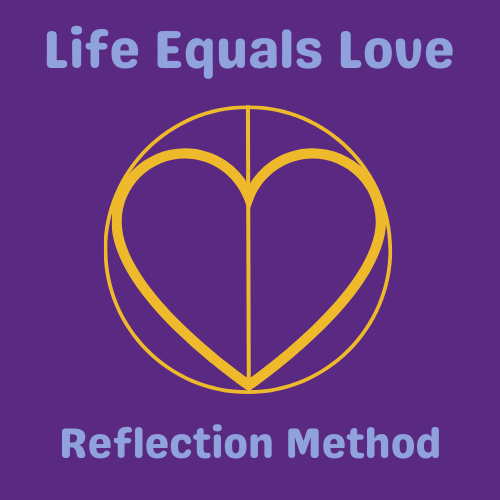At a glance
- Small actions, big impact: Brief daily activities like gratitude or helping others significantly improved emotional well-being, especially among socially disadvantaged participants.
- Accessible and scalable: The Big Joy Project showed that low-effort, online-based strategies can benefit a wide range of people across backgrounds and countries.
- Promising, but more research needed: While early results are encouraging, further studies are planned to test long-term effects and optimize the approach for real-world use.
A new study published in the Journal of Medical Internet Research suggests that even brief, low-effort actions can lead to meaningful improvements in well-being. The Big Joy Project, a free, web-based program, asked participants to complete one small positive activity per day for a week. Over 17,000 people completed the program, and researchers found improvements in stress, emotional health, and self-rated physical health, especially among participants from disadvantaged backgrounds.
Activities included simple practices like expressing gratitude or helping someone. Most took just 5 to 10 minutes. “We wanted to see if doing small things, like expressing gratitude or helping someone, could boost emotional well-being, even when done just once a day for a week,” said Guevarra. “For me personally, I’m especially interested in low-effort, less time-intensive strategies that still have meaningful psychological effects because those are the kinds of tools people are more likely to use in daily life.”
Participants came from 169 countries, though most were based in the U.S., U.K., or Canada. The analysis revealed improvements across all measured outcomes. Even those who completed just a few of the seven tasks, or none at all, reported some benefit, possibly due to self-reflection or placebo effects. Those who did more saw greater gains.
“You don’t need a total life overhaul to feel better,” Guevarra told PsyPost. “Even small, daily actions that take just a few minutes, like reflecting on a meaningful moment or showing appreciation, can add up to meaningful improvements in your emotional well-being. And anyone can try them, regardless of background or life situation.”
People from lower-income, less-educated, or racially marginalised backgrounds saw the greatest benefit. “We were pleasantly surprised by how consistent the benefits were across different types of people,” Guevarra said.
“What really stood out was that people who were more socially disadvantaged (e.g., those reporting lower subjective social status or more financial strain) actually benefitted more. We didn’t expect that.”
There were no significant differences by gender. Younger people experienced slightly greater benefits than older participants, likely because older adults began with higher baseline well-being.

The researchers acknowledged limitations. Without a randomised control group, they can’t rule out other explanations for the observed improvements. The self-selected sample skewed highly educated and internet-connected, and the study did not assess how long the effects last.
Still, the results suggest potential for accessible, low-cost mental health strategies. The team is planning a randomised controlled trial and hopes to test the program’s long-term effects and physical health outcomes.
“We want to understand how to make well-being practices more accessible, sustainable, and tailored to people’s needs,” Guevarra explained. “Another goal is to personalise the experience so people can discover which strategies work best for them, based on their goals or life context.”
“In the long run, we hope to implement these low-effort, science-backed practices in real-world settings like schools, workplaces, and health care systems, places where a small boost in well-being could make a big difference.”
“This study is a great example of how science and storytelling can come together,” Guevarra added. “The Mission: Joy film sparked curiosity and emotional connection, and the Big Joy Project gave people a practical way to take action. Our hope is that anyone who watches the film or tries the project walks away feeling a little more empowered to build joy in their own life and maybe spread a bit of it to others, too.”
Other ways you can support us
Fundraise for us
Raise money for mental health research by organising a fundraising event.
Donate for research
Your donation supports research to better understand, treat & prevent serious mental illness.
The post What Small Daily Habits Improve Mental Health? first appeared on MQ Mental Health Research.


